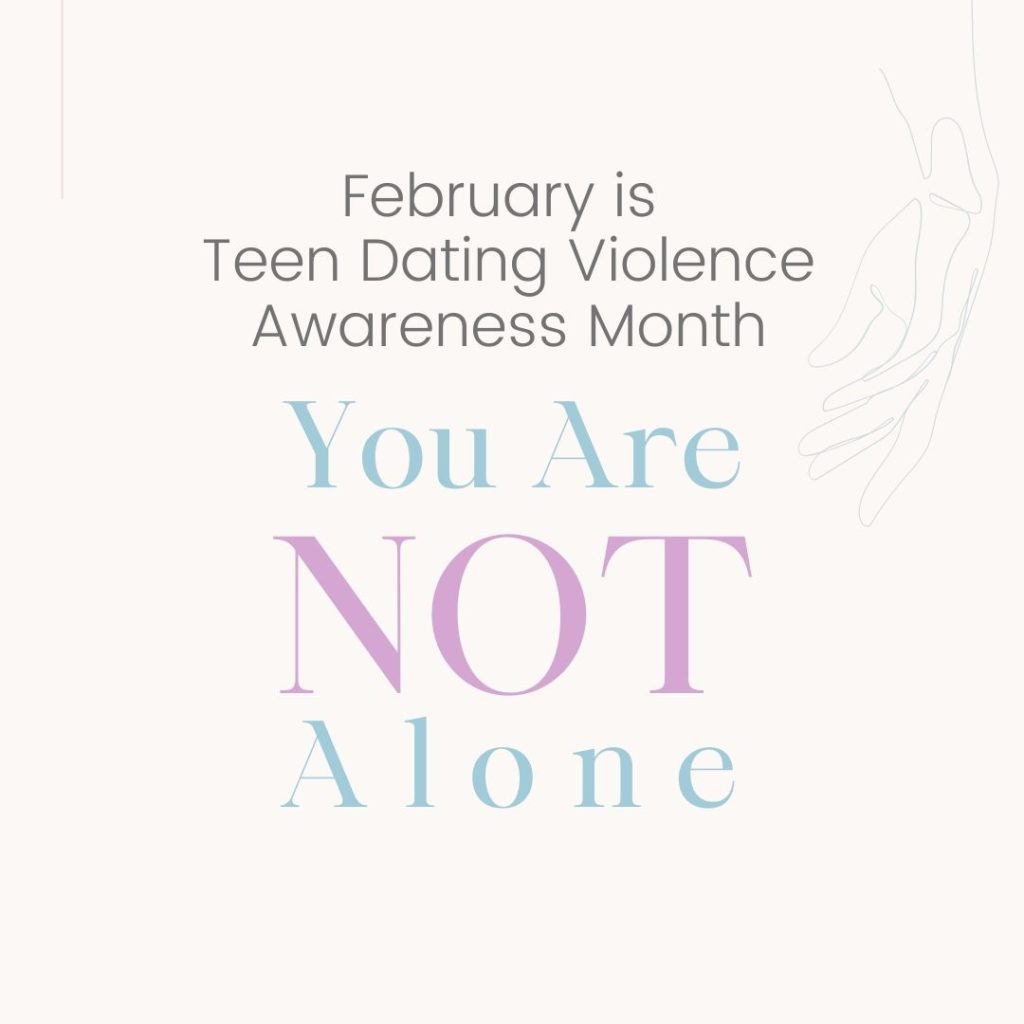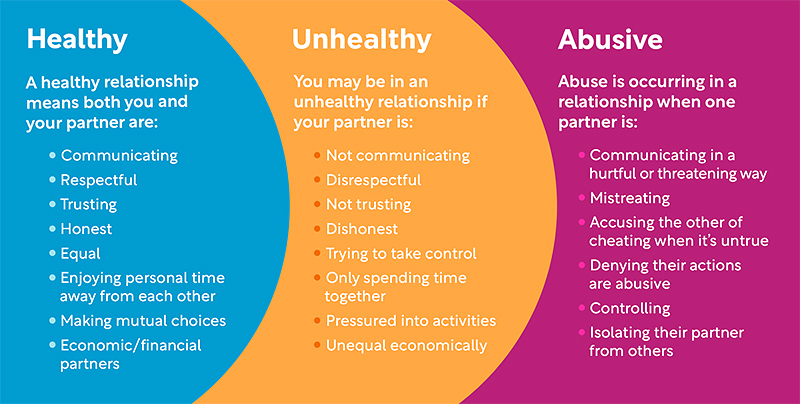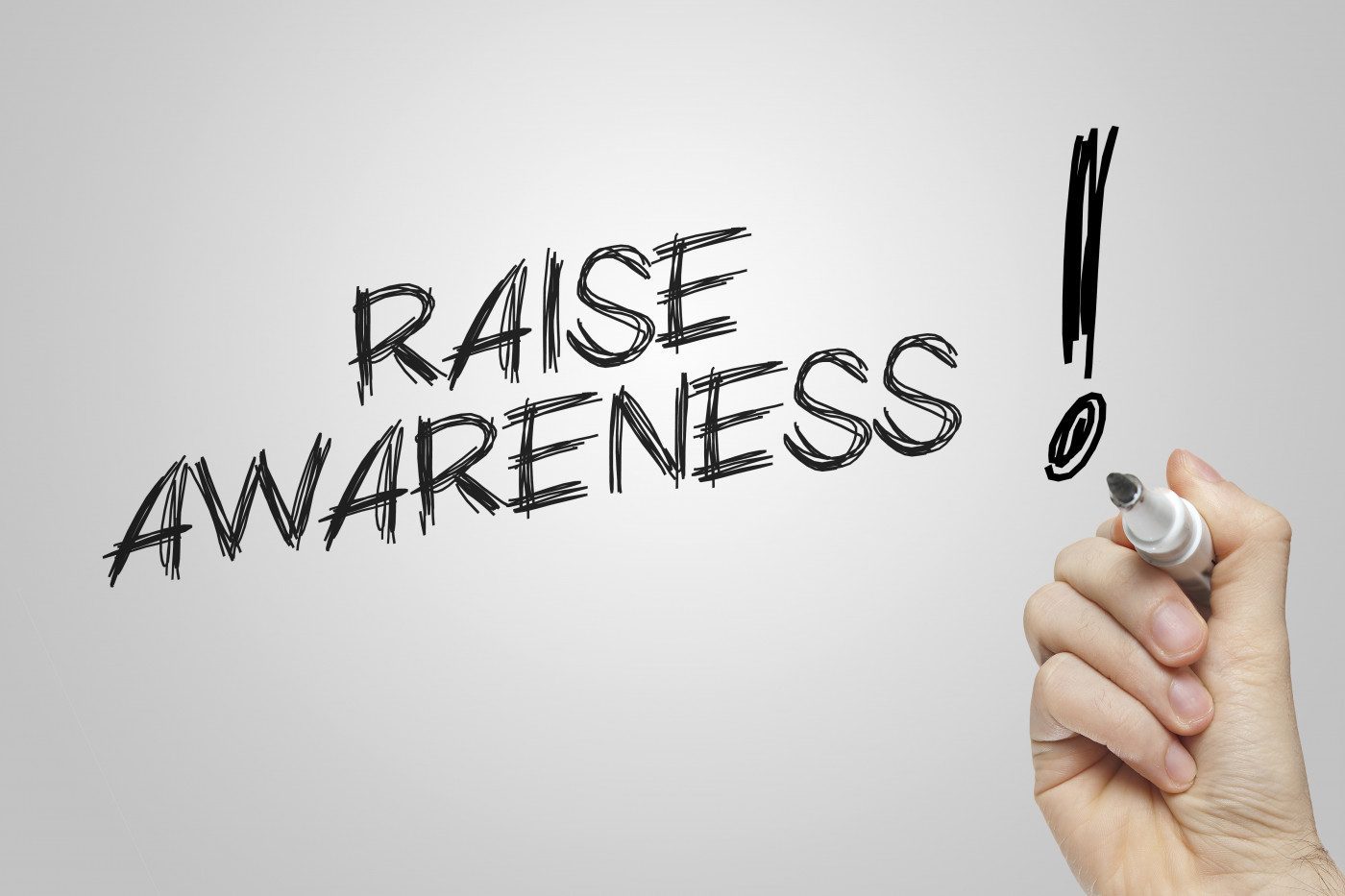February is Teen Dating Violence Awareness Month
in Local Events, Local News, Massachusetts News, National News

February is Teen Dating Violence Awareness Month
Teen Dating Violence Awareness Month (TDVAM) is observed every February to raise awareness about the prevalence and impact of dating violence among teenagers and young adults. This month-long campaign aims to educate communities, advocate for prevention, and support those affected by dating abuse.
Statistics of Teen Dating Violence
- Prevalence: According to the Massachusetts Youth Risk Behavior Survey, approximately 1 in 11 high school females and 1 in 14 high school males reported experiencing physical dating violence in the past year.
- Types of Abuse: Teen dating violence can include physical, sexual, psychological, or emotional abuse. About 1 in 3 teens in the U.S. is a victim of physical, sexual, emotional, or verbal abuse from a dating partner.
- Impact: Victims of teen dating violence are more likely to experience symptoms of depression and anxiety, engage in unhealthy behaviors like using tobacco, drugs, and alcohol, and exhibit antisocial behaviors.
- Lack of Reporting: Many teens do not report dating violence due to fear, shame, or not recognizing the behavior as abusive. Education and awareness campaigns like Teen Dating Violence Awareness Month are crucial in encouraging victims to seek help.
The Risks of the Exposure to Unhealthy Relationships
Unhealthy relationships can significantly increase the risk of various negative outcomes for individuals involved. Here are some key ways in which unhealthy relationships act as risk factors:
- Mental Health Challenges: Constant criticism, belittling, and emotional abuse can erode a person’s self-esteem, making them feel unworthy and dependent on their partner. Unhealthy relationships are also linked to hig
 her rates of depression, anxiety, and suicidal thoughts and/or behaviors. Exposure to violence or aggressive behavior in a relationship can lead to similar behaviors in the affected individual
her rates of depression, anxiety, and suicidal thoughts and/or behaviors. Exposure to violence or aggressive behavior in a relationship can lead to similar behaviors in the affected individual
- Substance Use Challenges: Individuals in unhealthy relationships may turn to alcohol or drugs as a coping mechanism.
- Social and Developmental Challenges: Exposure to violence or aggressive behavior in a relationship can lead to similar behaviors in the affected individual. The stress and distraction caused by an unhealthy relationship can negatively impact academic and work performance.
- Physical Health Risks: Stress and trauma from an unhealthy relationship can contribute to chronic health issues like heart disease and gastrointestinal problems.
- Long-Term Effects: Experiencing an unhealthy relationship can affect one’s ability to form healthy relationships in the future, perpetuating a cycle of abuse. Children who witness or experience unhealthy relationships are also more likely to replicate these patterns in their own relationships.
How can I be there for someone who is in an unhealthy relationship?
- Listen without judgment: Let them share their feelings and experiences without interrupting or judging them. Sometimes, just being heard can make a big difference.
- Offer emotional support: Reassure them that you care about their well-being and that they deserve to be treated with respect and kindness.
- Provide information: Gently share resources about healthy relationships and signs of abuse. This can help them recognize their situation more clearly.
- Encourage professional help: Suggest they talk to a counselor or therapist who can provide expert guidance and support.
- Be patient: Understand that leaving an unhealthy relationship can be a complex and difficult process. Be patient and supportive, even if they aren’t ready to make changes right away.
- Stay connected: Keep in touch regularly to show that you are there for them. Your consistent presence can be a source of strength.
It is also important to take care of yourself too. Supporting someone in a difficult situation can be emotionally draining, so make sure you have your own support system in place.
Why is spreading awareness for TDVAM important? 
By participating in Teen Dating Violence Awareness Month, we can all contribute to a safer, more respectful environment for young people. Whether through education, advocacy, or support, every effort helps in the fight against teen dating violence. Efforts include:
- Raising Awareness: Teen dating violence is more common than many realize. Statistics show that 1 in 3 U.S. teens will experience physical, sexual, or emotional abuse from a partner before they become adults. By highlighting these alarming figures, TDVAM helps bring the issue to the forefront of public consciousness.
- Education and Prevention: TDVAM focuses on educating young people about healthy relationships and the signs of dating abuse. This knowledge is crucial for preventing abuse before it starts. The 2025 theme, “Respect That,” emphasizes the importance of respect in relationships, encouraging teens to treat their partners with dignity and to respect boundaries.
- Support for Victims: Many victims of teen dating violence do not report their experiences due to fear or shame. TDVAM provides resources and support to help victims feel empowered to seek help. It also encourages friends, family, and educators to recognize the signs of abuse and offer support.
- Community Involvement: The month-long observance encourages communities to come together to address teen dating violence. This can include hosting events, participating in social media campaigns, and providing educational workshops. Community involvement is key to creating a supportive environment where teens feel safe to speak out.
Resources:
National Domestic Violence Hotline:
24-Hour Hotline: ·1-800-799-7233
Text: START 88788
Safelink – Boston, MA
24-Hour Hotline: ·1-877-785-2020
Email: info@casamyrna.org
Alternative House – Lowell, MA
24-Hour Hotline: 888-291-6228
Email: info@alternativehouse.org
Love is Respect
24-Hour Hotline: ·1-866-331-9474
Text: LOVEIS to 22522
Jane Doe, Inc – Massachusetts Coalition Against Sexual Assault and Domestic Violence
Hotline: 877-785-2020

